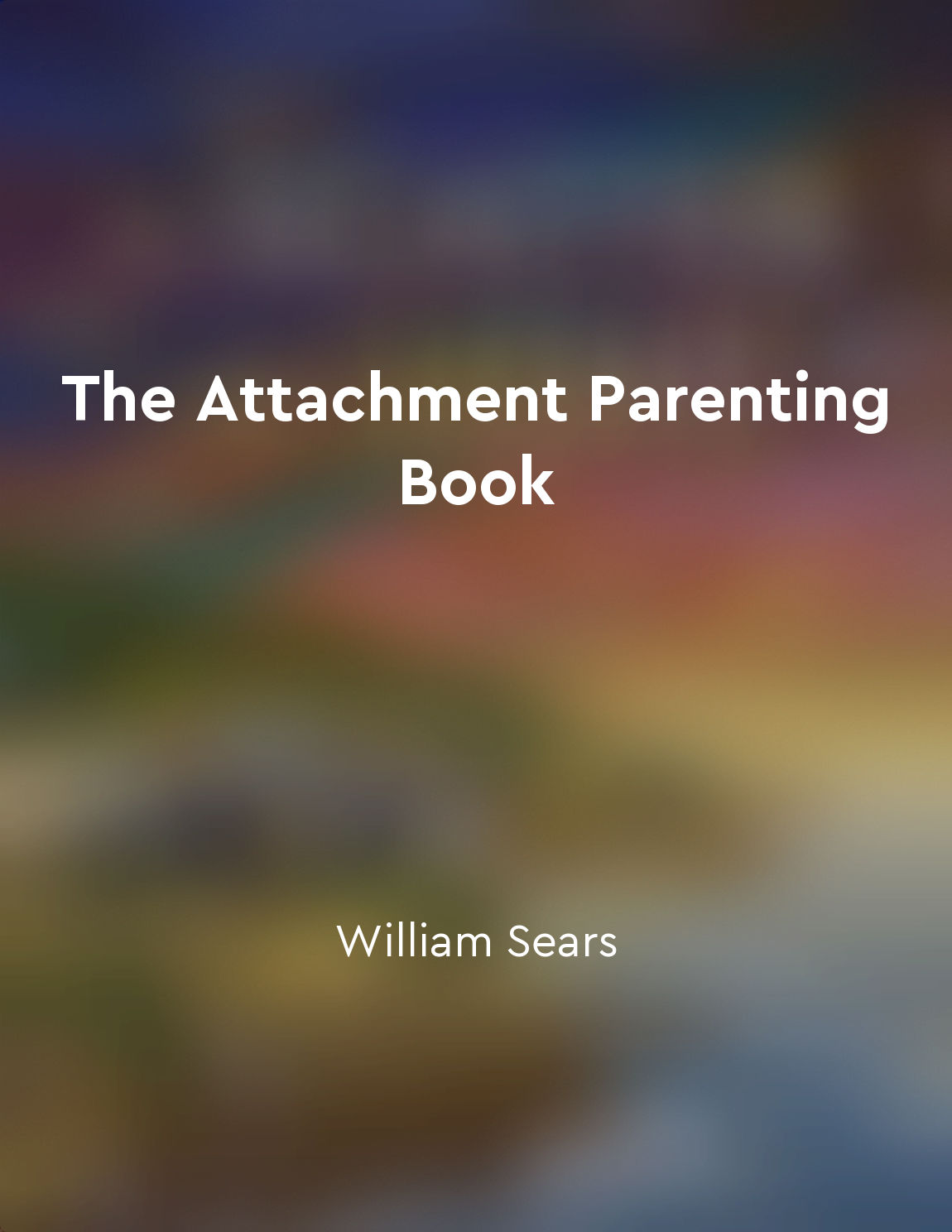Collaborate on problemsolving strategies from "summary" of How to Talk So Kids Will Listen & Listen So Kids Will Talk by Adele Faber,Elaine Mazlish
When children face problems, they often feel overwhelmed and unsure of how to proceed. As parents, our first instinct may be to swoop in and offer solutions, believing that we know best. However, this approach can be counterproductive, as it may leave children feeling disempowered and reliant on others to solve their problems for them. Instead, a more effective strategy is to collaborate with children on problemsolving. This involves engaging them in a dialogue where both parties work together to come up with solutions. By doing so, children feel heard and respected, and they are more likely to take ownership of the problem and its resolution. One way to collaborate on problemsolving is to ask open-ended questions that encourage children to think critically about the issue at hand. By prompting them to consider different perspectives and potential solutions, we help them develop their problem-solving skills and boost their confidence in their ability to tackle challenges. Another important aspect of collaboration is to validate children's feelings and experiences. By acknowledging their emotions and showing empathy, we create a safe space for them to express themselves and work through their problems without fear of judgment or dismissal. Through collaboration, we also model effective communication and conflict resolution skills for our children. By demonstrating how to engage in respectful dialogue and compromise with others, we equip them with valuable tools for navigating relationships and resolving conflicts in the future.- By collaborating on problemsolving strategies with our children, we empower them to take an active role in finding solutions to their own challenges. This not only fosters their independence and self-reliance but also strengthens our bond with them as we work together towards common goals.
Similar Posts
Follow up on agreements made during the confrontation
After a confrontation has taken place and agreements have been made, it is crucial to follow up on those agreements to ensure t...
Use the CPR (Content, Pattern, Relationship) model
To effectively address crucial accountability situations, it is essential to use the CPR model, which stands for Content, Patte...
Tailored for Class 7 students
This question bank is specifically designed for students of Class 7, keeping in mind their learning needs and capabilities. The...
Set boundaries with compassion
Setting boundaries with compassion means being firm and clear about the limits you are setting, while also showing understandin...
Nurturing a child's brain development is important
It is crucial for parents to recognize the significance of nurturing a child's brain development. The early years of a child's ...

Help children develop a growth mindset and perseverance
When it comes to guiding children towards developing a growth mindset and perseverance, it is essential to understand the under...

Breastfeeding is a powerful connection tool
Breastfeeding is a powerful connection tool that can create a bond between a mother and her baby that is like no other. When a ...
Consistent consequences are key
Consistent consequences are the linchpin of effective discipline, just as they are in any other arena of life. They provide str...
Support your child's unique strengths and interests
When it comes to raising human beings, one of the most important things we can do as parents is to support our child's unique s...
Show respect for children's feelings
Respecting children's feelings is crucial for building trust and maintaining a healthy relationship with them. When we acknowle...

